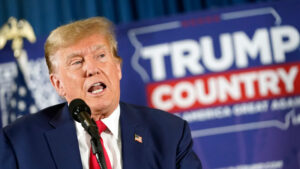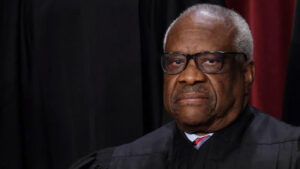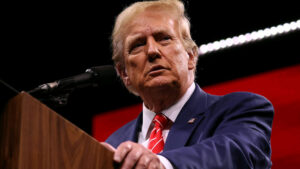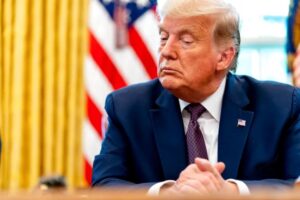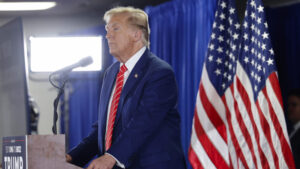CNN Makes Last-Minute Move on Presidential Debate, Leaving Republicans Totally Disappointed
CNN has taken a last-minute contentious step regarding the first 2024 Presidential debate, sparking significant backlash from conservative circles. The network has prohibited the use of its live broadcast for real-time reporting and commentary on social media platforms. This move is viewed by critics as an attempt to control the narrative and silence independent media voices during the debate.
As reported by Bloomberg on Tuesday, June 25, 2024, the controversy was fueled further when CNN’s Kasie Hunt abruptly cut off an interview with Trump’s spokeswoman, Karoline Leavitt. Leavitt had brought up CNN anchor Jake Tapper’s previous comparison of Trump to Hitler and urged viewers to search for “Jake Tapper Donald Trump” online. This incident has been interpreted by some as a broader effort to stifle dissenting voices and viewpoints.
Prominent conservative commentator Jesse Watters likened CNN’s actions to imposing a gag order on the Trump campaign. “We knew Trump’s mic would be muted during the debate, but we didn’t know his campaign’s mic would be muted before it,” Watters remarked.
This sentiment is shared by many within the conservative media landscape, who see parallels between CNN’s approach and the Democratic Party’s strategies to control the flow of information. Adding to the controversy, Tim Pool, a well-known independent journalist and YouTube commentator, revealed that YouTube had contacted him, indicating that CNN would not permit live commentary on the debate.
According to Pool, CNN has requested that other networks adhere to similar restrictions. This development has led to accusations that CNN is trying to prevent independent media from providing live commentary and fact-checking during the debate.
CNN has defended its position, citing concerns over image rights. The network argues that its request is rooted in protecting its intellectual property rather than silencing dissent. This stance is not unprecedented; during the previous presidential election, Fox News also sought to restrict the use of its live broadcast for online commentary, though it ultimately abandoned the legal fight.
Despite CNN’s explanation, Tim Pool and other critics remain skeptical. Pool contends that the network’s real aim is to maintain control over the debate narrative. He views the restriction on live commentary as a direct attack on the fundamental principles of civic and democratic participation.
“Preventing communicators like me from offering live monitoring of the debate with commentary and fact-checking undermines civic responsibility,” Pool asserted in a video on his channel. He emphasized the importance of live commentary during presidential debates as a vital aspect of civic engagement.
Pool vowed to continue his tradition of providing live commentary and fact-checking during the debate, underscoring the importance of such activities in fostering informed public discourse. “As with all presidential debates, live commentary is the epitome of civic responsibility and participation. We will continue to provide this service, as we have always done,” he stated.
This clash between CNN and independent media highlights the ongoing tension over control of information and the role of media in shaping public perception. As the debate approaches, the controversy is likely to intensify, raising important questions about media ethics, free speech, and the responsibilities of news organizations in a democratic society.


